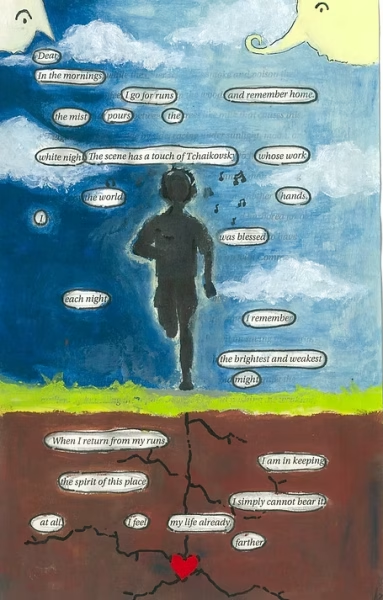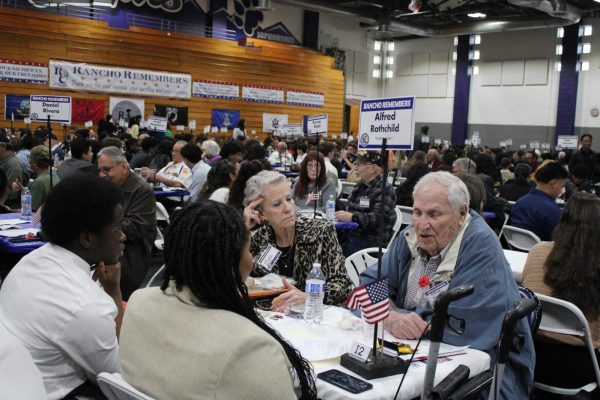Celebrating National Inventors Day
Photo Byline: Technological advancements have surpassed what we would have thought in the past century, allowing us to efficiently and effectively advance in the current 21st century.
On Saturday, Feb. 11, 2023, the United States of America will celebrate National Inventors Day to commemorate famous inventors, as well as their accomplishments throughout history. This day gives people the opportunity to share their innovative ideas with others, as well as recognize many of the inventions that we see today.
Ronald Reagan, the 40th U.S President, proclaimed the day to be acknowledged for the first time in 1983. It was decided that the commemorative day would be celebrated on Feb. 11, and aside from recognizing inventors, the holiday also recognizes the famous American inventor of the light bulb, Thomas Alva Edison.
The holiday allows students to learn about the many significant inventions that were made throughout history in their history classes. These classes, whether it is world history or U.S. history, teach students about the inventors and the impact of their inventions on mankind.
“I guess I can really thank my history teachers for their help in learning a lot about different inventions that helped mankind,” senior Maala Noor said. “I wouldn’t have really known about things like interchangeable parts or the compass.”
Of course, many inventions that we use on a regular basis don’t actually have a known inventor. This is due to their names being lost in the flow of history; however, the place of origin of these inventions are often recognized.
For instance, both the wheel and compass’ inventors are unknown, but it’s known that the wheel was invented in Lower Mesopotamia, and the compass in China.
Many inventions that have had an uprising in the early 19th to 20th centuries have also greatly impacted the lives of people today, such as the devices we hold in our hands, or the camera.
“The modern individual carries a personal camera embedded within their phones,” junior Jael Renfro said. “[It is] a means of creating art, documenting history, and recording memories.”
The idea of the camera first began in the early 1800’s from a man named Louis Laque Mande Daguerre. It is thanks to him that we are able to enjoy capturing memories, and see different periods of time in real moments.
So many of the things around us did not exist in the previous century, and were considered unthinkable at the time. But now, those very same inventions that were considered unthinkable are now being used in our everyday lives.

Fozaan Noor is a senior at RCHS, and this is his second year in journalism. He is the Copy-Editor for the school newspaper, The Cat’s Eye. His favorite...






